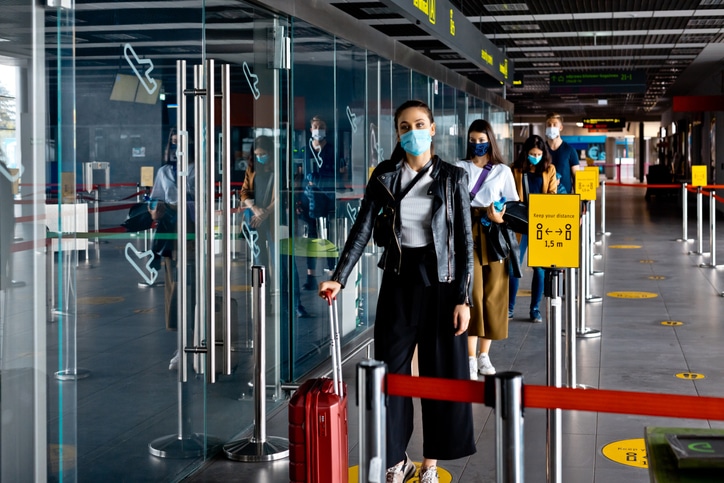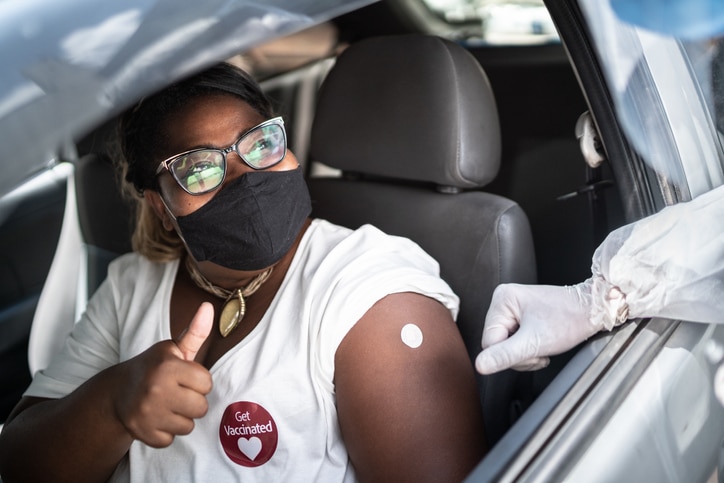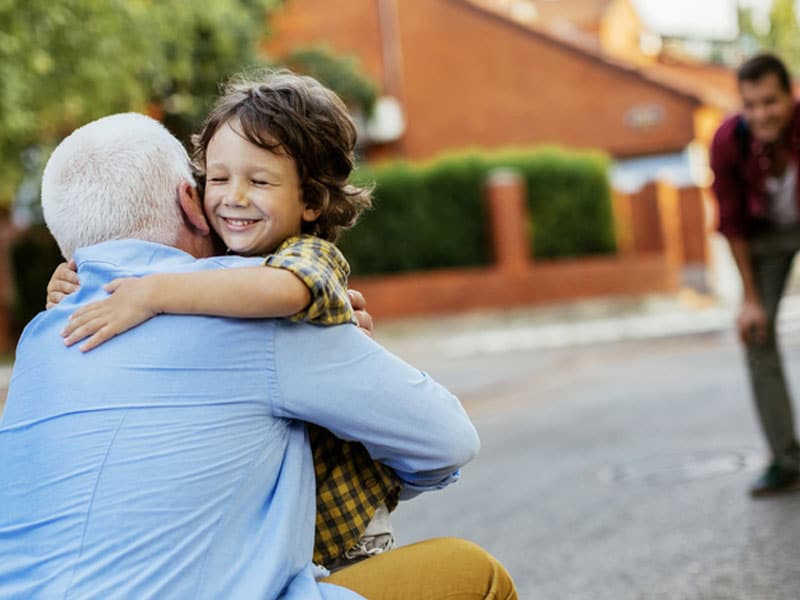Millions of Texans have been vaccinated against COVID-19, and healthcare providers are getting more people protected every day.
So if you’ve rolled up your sleeve and gotten your shots, you may be wondering, “Now what?”
First, it’s important to remember you won’t instantly become immune to COVID-19 after your first or even your second shot, says Ed Dominguez, MD, infectious disease specialist on the medical staff at Methodist Dallas Medical Center. To be considered fully vaccinated, two weeks must have passed since your last dose, or, in the case of the Johnson & Johnson vaccine, your single dose.
“It takes 14 days for your body to produce the antibodies needed for that kind of maximal immune response,” he explains.
But once fully vaccinated, you’ll benefit from a much lower risk of contracting COVID-19, as well as more freedom in your social life.
The Centers for Disease Control and Prevention now says fully vaccinated individuals can resume activities they enjoyed before the pandemic started, including meeting in small groups with other vaccinated people without the usual restrictions.
“Transmission is unlikely to happen between two vaccinated individuals, so they can be together in the same room without any need for social distancing or masks,” Dr. Dominguez says.
What’s more, getting vaccinated means you won’t have to self-quarantine or get tested after being exposed to someone with COVID-19, unless you begin experiencing symptoms.
 Some grandparents will be meeting their grandkids for the first time since the pandemic began.
Some grandparents will be meeting their grandkids for the first time since the pandemic began.
VISITING FRIENDS AND FAMILY
Fully vaccinated people are allowed to visit unvaccinated friends and family who are not at high risk for COVID-19. This is especially encouraging news for older adults missing their families.
“If you’ve been careful about you and your children’s exposure to the community,” Dr. Dominguez says, “then bringing grandparents who are fully vaccinated into the house is a reasonable thing to do.”
The bigger concern is being in public or healthcare settings where you might be around people who are at greater risk of serious illness. Masks remain a must at hospitals and most other healthcare facilities, as well as mass transit hubs like airports.
“If you’re around strangers and don’t know their vaccination status, you should still wear masks and keep your distance,” Dr. Dominguez says. “Because you can’t predict who will get sick.”
No one is fully immune, even with the vaccine. All three authorized vaccines are highly effective against severe infections and hospitalizations, but positive COVID-19 tests among immunized people, while rare, can still occur, especially for those with compromised immune systems.
“It’s very uncommon, but it can happen,” Dr. Dominguez says. “So you have to continue to take precautions.”
 Outdoor dining remains your safest option for eating out, along with takeout, health officials say.
Outdoor dining remains your safest option for eating out, along with takeout, health officials say.
RESTAURANTS, GYMS, AND MORE
Social activities, such as eating at restaurants or going to the gym are now considered safe for fully vaccinated people, according to the CDC. In fact, people who’ve gotten their vaccine can enjoy many of their pre-pandemic pastimes, including attending church, going to a salon, or stopping for drinks at the local bar.
If you miss going to sports games, concerts, or festivals, you’ll be happy to know that attending crowded, outdoor events is also safe for vaccinated people, according to federal health authorities.
But officials encourage everyone to respect the guidelines of the workplace or local businesses if they require masks or other preventive measures.
“If you’re in a public place, you should still be following the usual guidelines,” Dr. Dominguez says.
 For those with travel plans, the airport may look much different from the last time they visited.
For those with travel plans, the airport may look much different from the last time they visited.
TRAVEL
After staying home for so long, many people will be excited to learn what the vaccine means for their travel plans. The CDC now says fully vaccinated individuals can travel domestically or internationally without the need for self-quarantine or testing unless their destination requires it.
That said, masks and social distancing are still a must because you will be in close contact with many strangers whose vaccination status is a mystery.
And before you book that plane ticket with your brand-new antibodies, bear in mind that different states and countries have their own sets of mandates and restrictions.
“We have to be respectful of our destinations,” Dr. Dominguez says. “If you’re crossing state boundaries, you have to recognize that things may be a little bit different when you arrive.”
 Vaccination is how we end the pandemic. It’s “good for the community, your family, and yourself,” Dr. Dominguez says.
Vaccination is how we end the pandemic. It’s “good for the community, your family, and yourself,” Dr. Dominguez says.
LOOKING AHEAD
Immunization against COVID-19 is key to returning to our pre-pandemic lives. The goal is to get enough people vaccinated so we can stamp out new variants of the coronavirus.
“The more people we vaccinate, the less likely new variants of the virus will arise,” Dr. Dominguez says. “If we cut off its path of transmission, it’s essentially cornered and can’t spread or mutate.”
Getting vaccinated not only helps people protect themselves, but it can also protect those around them, especially children younger than 12 who are not eligible for any of the approved vaccines.
“There’s a public health argument to be made, that getting vaccinated is for the good of the community, your family, and yourself,” Dr. Dominguez says.

